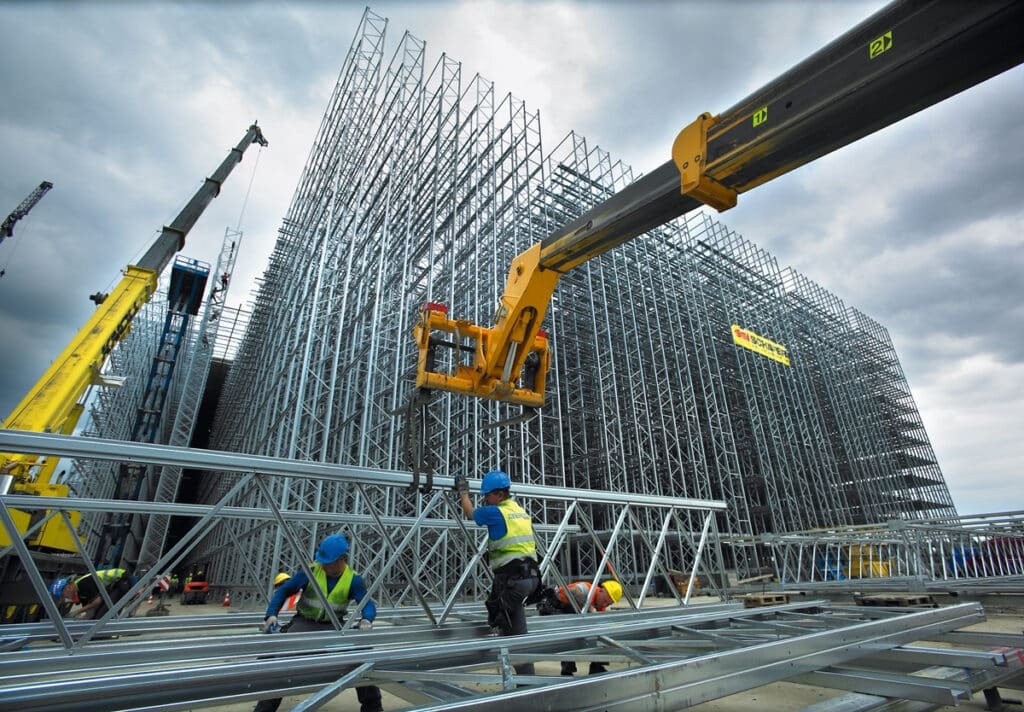When it comes to home construction and renovation, one of the most frequently debated topics is whether to insulate a concrete floor. This decision can significantly impact energy efficiency, comfort, and overall building performance. In this article, we will explore the various factors that influence the need for concrete floor insulation, the benefits and drawbacks, and the best practices for implementation.
Understanding Concrete Floors
Concrete floors are a popular choice in both residential and commercial buildings due to their durability, low maintenance, and aesthetic versatility. However, concrete is a poor insulator, which can lead to several issues, particularly in climates with extreme temperatures. The thermal mass of concrete can absorb heat during the day and release it at night, but without proper insulation, this can result in uncomfortable indoor temperatures and increased energy costs.
The Case for Insulating Concrete Floors
- Energy Efficiency: One of the primary reasons to insulate a concrete floor is to improve energy efficiency. Insulation helps to reduce heat loss in winter and keeps the interior cool in summer. This can lead to significant savings on heating and cooling bills, making insulation a worthwhile investment.
- Comfort: Insulating a concrete floor can enhance comfort levels within a space. Cold concrete can create an uncomfortable environment, especially in basements or ground-level rooms. Insulation provides a thermal barrier that helps maintain a consistent indoor temperature, making living spaces more enjoyable.
- Moisture Control: Concrete is porous and can absorb moisture from the ground, leading to dampness and potential mold growth. Insulating a concrete floor can help mitigate these issues by creating a barrier that reduces moisture transfer, thus improving indoor air quality and protecting the structural integrity of the building.
- Soundproofing: Insulation can also provide soundproofing benefits. If you live in a multi-story building or have a home office above a garage, insulating the concrete floor can help reduce noise transmission, creating a quieter and more peaceful environment.
The Drawbacks of Insulating Concrete Floors
While there are many advantages to insulating concrete floors, there are also some potential drawbacks to consider:
- Cost: The initial investment for insulating a concrete floor can be significant. Depending on the type of insulation used and the size of the area, costs can add up quickly. Homeowners must weigh these costs against the long-term savings on energy bills.
- Installation Complexity: Insulating a concrete floor can be a complex process, especially in existing structures. It often requires professional installation to ensure that the insulation is applied correctly and that moisture barriers are in place. This can add to the overall expense and time required for the project.
- Space Considerations: Adding insulation to a concrete floor can raise the floor height, which may not be feasible in all situations. Homeowners must consider how this will affect doorways, cabinetry, and other architectural elements.
Best Practices for Insulating Concrete Floors
If you decide that insulating your concrete floor is the right choice, here are some best practices to follow:
- Choose the Right Insulation Material: There are several types of insulation materials suitable for concrete floors, including rigid foam boards, spray foam, and fiberglass batts. Rigid foam boards are often preferred for their high R-value and moisture resistance.
- Install a Vapor Barrier: Before installing insulation, it’s crucial to lay down a vapor barrier to prevent moisture from seeping through the concrete. This barrier should be placed directly on the concrete before the insulation is installed.
- Consider Radiant Heating: If you’re looking for added comfort, consider incorporating radiant heating systems within the insulation layer. This can provide warmth directly to the floor surface, enhancing the overall comfort of the space.
- Consult with Professionals: Given the complexities involved in insulating concrete floors, it’s advisable to consult with professionals who specialize in insulation and building performance. They can provide tailored recommendations based on your specific situation and local climate.
Conclusion
In conclusion, the decision to insulate a concrete floor is not one to be taken lightly. While there are numerous benefits, including improved energy efficiency, comfort, and moisture control, there are also costs and complexities to consider. By carefully evaluating your specific needs and consulting with professionals, you can make an informed decision that enhances your living space and contributes to long-term energy savings. Whether you choose to insulate or not, understanding the implications of your choice is key to optimizing your home’s performance.

